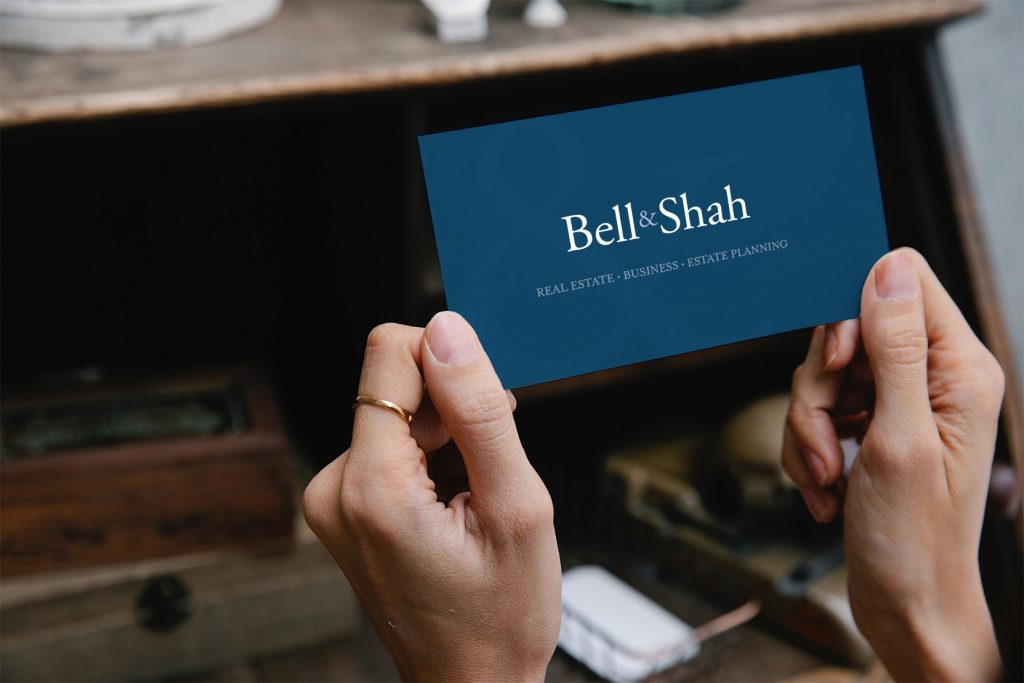Business succession plans and estate plans are both used to transfer control of a business from one person or entity to another. A business plan can be important for any size company, though it is especially critical for those that hope to pass the business on to future generations. The following comparisons between business succession planning and estate planning may help you better understand why this is so.
Estate Planning vs Business Succession Plan
Here is an overview of many of the important differences between business succession plans and estate plans.
- Estate planning refers to transferring ownership of an individual’s personal property at death, whereas a business succession plan transfers ownership of the company itself.
- An estate plan includes items such as trusts, wills, powers of attorney, medical directives, etc., while a business succession plan touches on these areas but is more comprehensive.
- An estate plan is often created during an individual’s lifetime, while a business succession plan focuses on transferring ownership at the time of death (or retirement) after the company has been established and built up.
- Estate planning includes all sorts of personal property; business succession planning only applies to corporate stock or shares in publicly traded companies. There are very few other assets that could be passed like this under current laws. Many states have laws allowing for non-publicly traded corporations to authorize their own transfer upon death. In many cases, it makes sense for both kinds of plans to be created at about the same time by the same attorney.
- The executor of an estate plan is responsible for making sure that the assets in the will are distributed according to that will, while a trustee or successor trustee of a business succession plan carries out that duty and distributes all corporate assets upon death.
Curious to Learn More? Bell & Shah Can Help
If you want to find out more about which type of plan could help you more, then please take a moment and reach out to us here at Bell & Shah. We will take the time to explain the best uses of both an estate plan and a business succession plan, plus help you figure out which will best suit your needs.

